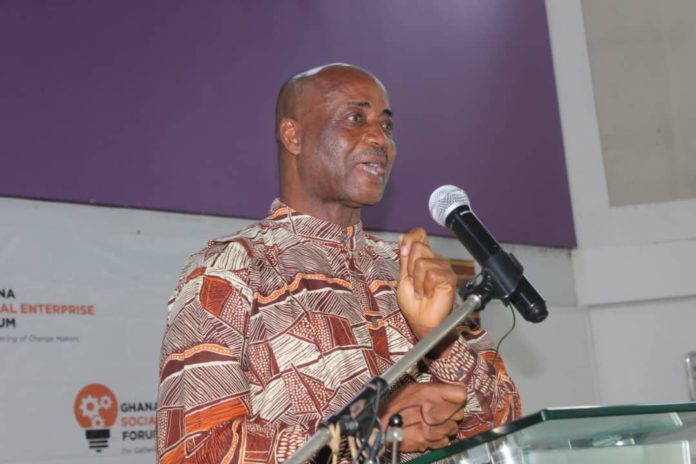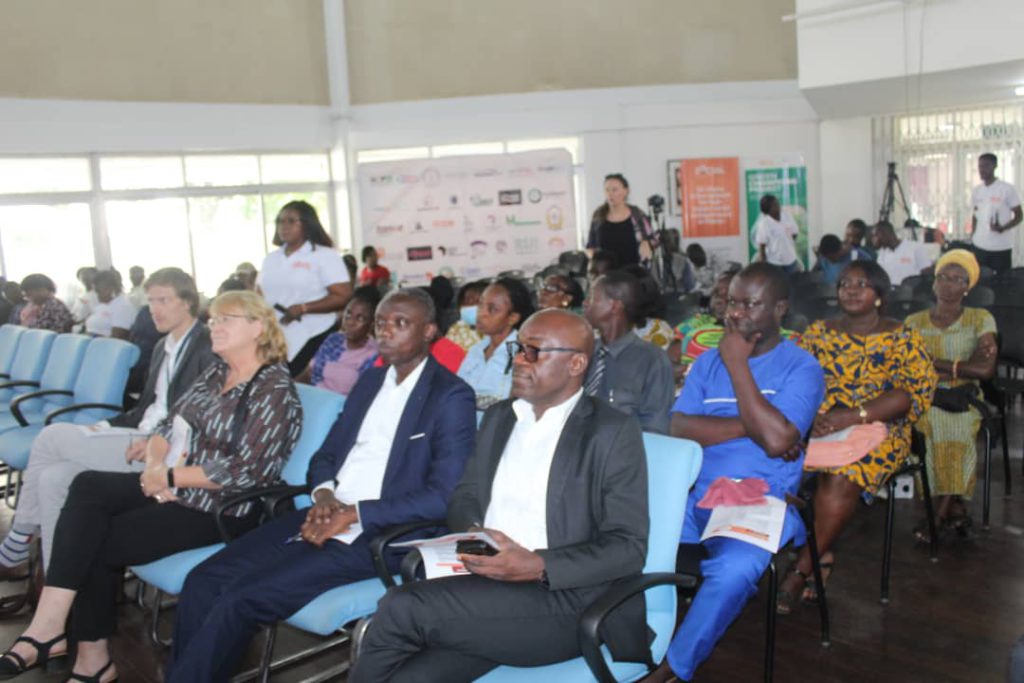
A social entrepreneur deeply involved in Ghana’s Agricultural sector, and has suffered unjustifiably in the hands of institutions and people manning Ghana’s Agricultural value chain, has decided to put the issues into proper perspectives for government’s action.
He says, indigenous lawyers, local banks, are constantly conniving insidiously to milk the country’s Agricultural sector dry, hence the weak performance of Agriculture in the country.
In short, Issa Ouedraogo, the founder of B-BOVID , who has gone through hell in the hands of the aforementioned in the last 17 years, claims, until Government of Ghana identifies these abnormalities silently creating an avoidable lacuna along the value chain of the Agricultural sector, and stem the tide, nothing significant would be achieved whilst the pockets of individuals fronting for fake foreign investors as lawyers, and banks would continue to get full.
These irresponsible local banks, he stressed would continue to whitewash the surface of the fiscal policy regime and beneath their activities, they would continue to connive with fake foreign investors to shortchange the country in various ways.
Addressing participants at Ghana social enterprise forum organized on Friday at the British Council under the
theme: ‘Partnerships for sustainable development: social enterprises as catalysts for inclusive growth in Ghana,’ an angry Issa Ouedraogo, who has had terrible experience and practical issues with all the aforementioned in the last 17 years, while dealing with them, pointed out that foreign direct investment into Ghana’s Agricultural sector appears good in the books, but lacks clarity, conformity, and integrity.

He cited his personal engagement with one French organization which came into the country as social impact investors and cunningly took over his company he personally struggled to birth in the last two decades with his sweat and toil without the support of any government institution.
He said government must consider investigating the modus operandi of some of these firms to ascertain if indeed these companies are decent enough and do not hold Ghana sway in its underhand dealings with local and foreign partners.
He again cited two banks, one for fraudulently engaging in unprofessional conduct to assist investors to cheat, and milk the Agricultural sector dry.
He said they denied him and others value for interest free facility acquired.
In the case of one of the banks, he said he negotiated with a bank in Sudan for an interest free facility which had to pass through them but eventually the loan was given to him by the bank at a cut throat interest rate at the blind side of central government.
This issue, he said must not be swept under carpet, and that government must cause serious investigation into some of these issues.
He said the said bank fabricated a very bad story about him, and defamed him completely before many dignitaries in this country and also published falsehood about his company nationally and internationally.
For another bank, he claimed the Bank unprofessionally got misguided to engage in illegal tampering of accounts, approval of transactions at his blind side with an account he jointly owned with another company.
In his quest to promote peri-urban farming, the social enterprise entrepreneur, initiated in 2012 the Ghana Peri-urban Vegetables Value Chain Project (GPVVCP), which is a subsidiary project under GCAP being funded by a grant of US$2.85 million from the Japan Social Development Fund (JSDF) through a Trust Fund Arrangement with the World Bank.
Unfortunately, his company was eliminated at the implementation stage in 2017 with an excuse that the company never showed interest.
The project is being implemented by the Ministry of Food and Agriculture.
In his attempt to fight for justice in the law courts as he exposed the double standard of a company pretending to engage in social entrepreneurship which culminated in the partnership with his company B-BOVID, he said Ghanaian lawyers working in the cover of darkness for monetization of justice, then jumped to the defense of the said company obviously sending a wrong signal out there that the justice system of the country was for the highest bidder where crooks could maneuver and manipulate their way through, once they had money.
All these negative developments, he underscored, would continue to work impervious against the Agricultural sector and ultimately the national economy.
It would further move mountains to exacerbate the worsening growing phenomenon of unemployment in the country, constantly ringing profusely into the ears of entrepreneurs, political leaders, and government officials.
He, therefore, cautioned all stakeholders working in the Agricultural industry to guard against entertaining diatribes, selfishness, excessive greed, and ignorantly promoting fake investors who clandestinely might be conniving with desperate lawyers to milk the Agricultural sector dry.
He advised central government to create an opportunity for all the above mentioned issues to be investigated to save the country from sinking further under the guise of foreign direct investment.
